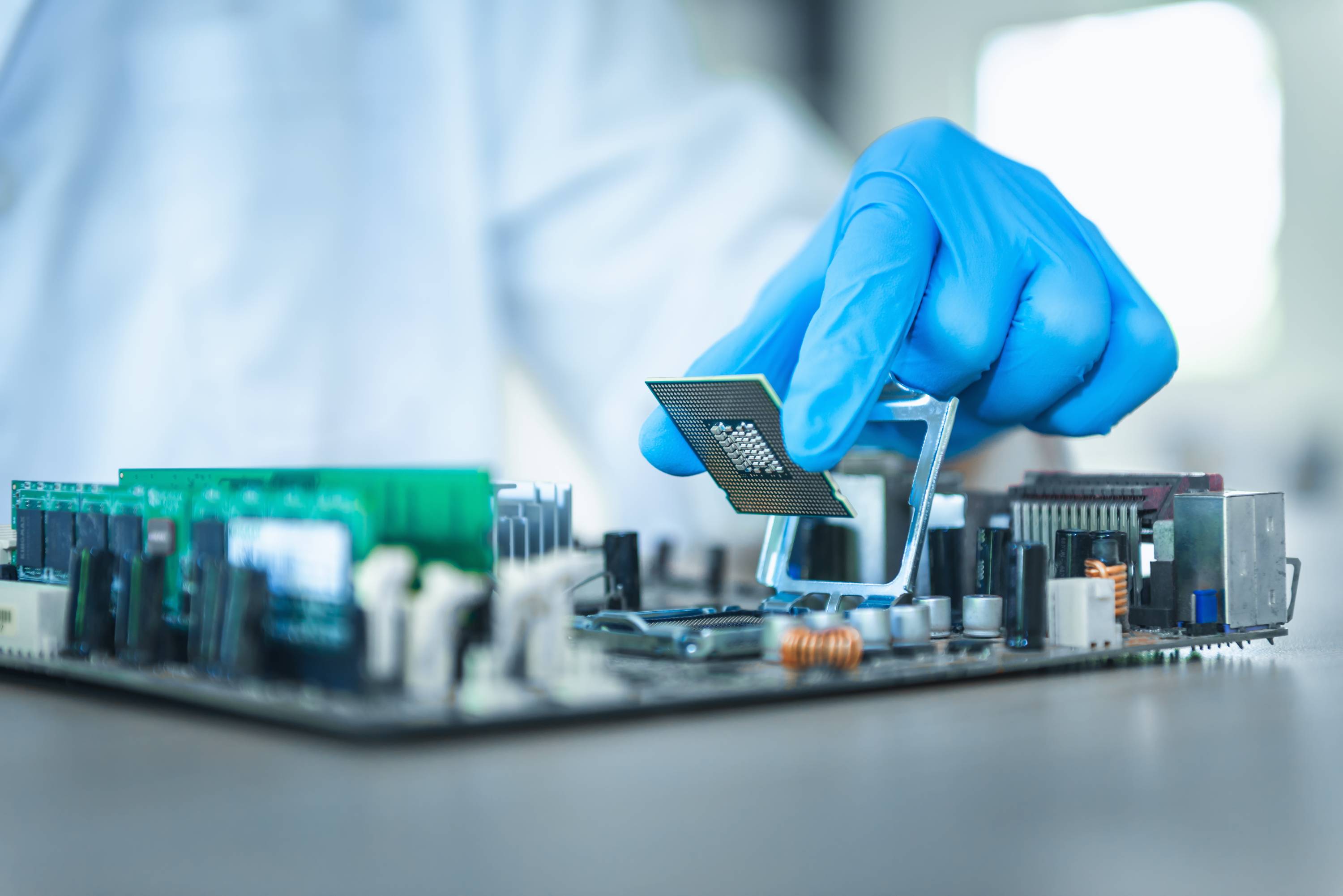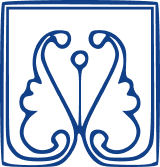Department of Computer Engineering and Engineering Sciences (CE & ES)

About
The department seeks to equip students with the needed knowledge and leading skills to go beyond the simple use of computers to design systems and implement hardware and software. The courses are designed to give students common core computer engineering courses while providing them with a firm foundation for future careers in industries like the computer, aerospace, telecommunications, power production, manufacturing and electronics industries. Students who graduate from this faculty will be able to design high-tech systems and devices in the future, and will possess the ability to design computers and computer-based systems. Our faculty members are among the finest national researchers in their fields and their research projects have proved significant and practical. This department holds two educational departments including Computer Engineering and Engineering Sciences.
1. Computer Engineering
1. Computer Engineering
The Department of Computer Science at east of Guilan trains students in all of its computer science programs, in cutting-edge science in both theory and practice, preparing them for an exciting career in a rapidly evolving discipline. Our mission is to develop in our students the deep technical, problem-solving and leadership skills needed to create new computing technologies to empower people, organizations, and society.
The purpose of setting up this department was to train and educate the required experts in Computer science and with the expertise of software and AI. At the Bachelor of Software Engineering field, various aspects of computer are taught to students, including software engineering, Artificial intelligence, and computer architecture.
The purpose of setting up this department was to train and educate the required experts in Computer science and with the expertise of software and AI. At the Bachelor of Software Engineering field, various aspects of computer are taught to students, including software engineering, Artificial intelligence, and computer architecture.
2. Engineering Sciences
The engineering science is one of the most important engineering programs in the world for training interdisciplinary graduates. That is a multi-departmental and interdisciplinary. It includes a variety of closely related areas in physical sciences, mathematics and engineering. This program is a 4-years course and unique as compared to other common engineering programs. The students going through this program will first experience a 2-years basic curriculum for preparation to locate in a next 2-years specific curriculum. At the first 2 years, the students will get a strong insight in both the engineering and science domains. Afterward, they select and focus one of 11 clusters as following:
1- Optimization
2- Materials Science Engineering
3- Structural Mechanics
4- Mechanical Engineering
5- Applied Design Engineering
6- Thermodynamics and Fluid Mechanics Engineering
7- Electronics Engineering
8- Telecommunication Engineering
9- Process Engineering
10- Nano-Technology Engineering
11- Software Engineering
Our graduates go off to a huge variety of occupations - into designing cars, ships, airplanes, plants, power stations, building roads and bridges, developing new electronic devices, manufacturing pharmaceuticals.
2- Materials Science Engineering
3- Structural Mechanics
4- Mechanical Engineering
5- Applied Design Engineering
6- Thermodynamics and Fluid Mechanics Engineering
7- Electronics Engineering
8- Telecommunication Engineering
9- Process Engineering
10- Nano-Technology Engineering
11- Software Engineering
Our graduates go off to a huge variety of occupations - into designing cars, ships, airplanes, plants, power stations, building roads and bridges, developing new electronic devices, manufacturing pharmaceuticals.
Facilities and Equipment
The department provides basic and specialized lab and equipment accompanied with the courses. These labs include General Chemistry lab, Physics labs, Microprocessors lab, Logic circuit lab, Fluid mechanic labs and Engineering drawing workshop.
-
Teaching1. Major courses for undergraduate program (B.Sc.) in Software Engineering includes:
Main Courses
Fundamentals of Computer programing
Electric Circuits
Discrete Mathematics
Advanced programming
Data Structures
Logic circuits
The theory of formal languages and automata
Technical language
Research and technical presentation
Engineering Mathematics
Computer Architecture
Operating systems
Design of Algorithms
Computer Aided digital system design
Signals and systems
Microprocessors and Assembly language
Computer Networks
Artificial intelligence and Expert systems
Fundamentals of compiler design
Operating Systems Laboratory
Logic circuits and computer architecture Lab
Microprocessor Laboratory
Computer Networks Laboratory
Specialized courses
Design of Programming Languages
Systems analysis and design
Internet engineering
Software Engineering
Principles of database design
Software Project
internship
Implementation of database Systems
Foundations of data mining
Foundations of information retrieval and web search
Management information systems
Fundamentals of computational intelligence
Fundamentals of computer vision
Management information systems
Fundamentals of computational intelligence
Software engineering lab.
Data structures lab.
Matlab lab.
Software testing
2. Major courses for undergraduate program (B.Sc.) in Engineering Sciences includes:
Main Courses
Engineering mathematics
Linear Algebra
Discrete mathematics
Engineering economics
Systems analysis
Profession English for Engineering
Linear Control systems
Linear Control systems Lab
Engineering graphics
Specialized courses
Data structure
approximate solution methods in engineering
Finite Element Method
fundamentals of Simulation
advanced computer programming
Operations research 1
Project
Fundamentals of electrical engineering
Fundamentals of electrical engineering Lab
Digital logic circuits
Digital logic circuits Lab
Statics (Eng. Mechanics 1)
Dynamics (Eng. Mechanics 2)
Strength of materials 1
Thermodynamics 1
Thermodynamics 2
Fluid Mechanics 1
Fluid Mechanics 2
Fluid Mechanics Lab.
Heat Transfer 1
Numerical methods in Fluid Mechanics
Training
Thermodynamics Lab. 2 -
ResearchMember of department are among the upper experienced researchers in different field according to their research carriers, expertise and interests. They contribute in novel research studies and publish in appreciated journals. They provide innovative solutions to industrial sectors and organizations.
Among our department member several are among top highly cited researchers in different fields in successive years including Dr. Hassanzadeh-Aghdam, Dr. Rouhi, Anvarifard and Dr. Mirzazadeh. -
PublicationComputational Sciences and Engineering (CSE) is an open-access semiannually journal that publishes peer reviewed papers since April 2021. CSE publishes peer reviewed original research and review papers on all aspects of engineering problems and computational sciences. The editors of CSE welcome research works on new and efficient algorithms and computational methods for solving the engineering, mathematics, medicine, economic, finance and biological problems.Peer Review Policy: Single-blind
Format: Online
Frequency: Semi-annually
Language: English
Scope: Sciences
Publisher: University of Guilan
ISO Abbreviation: Comput. Sci. Eng.
Publication model: Open access with NO article publication charge
https://cse.guilan.ac.ir/



































